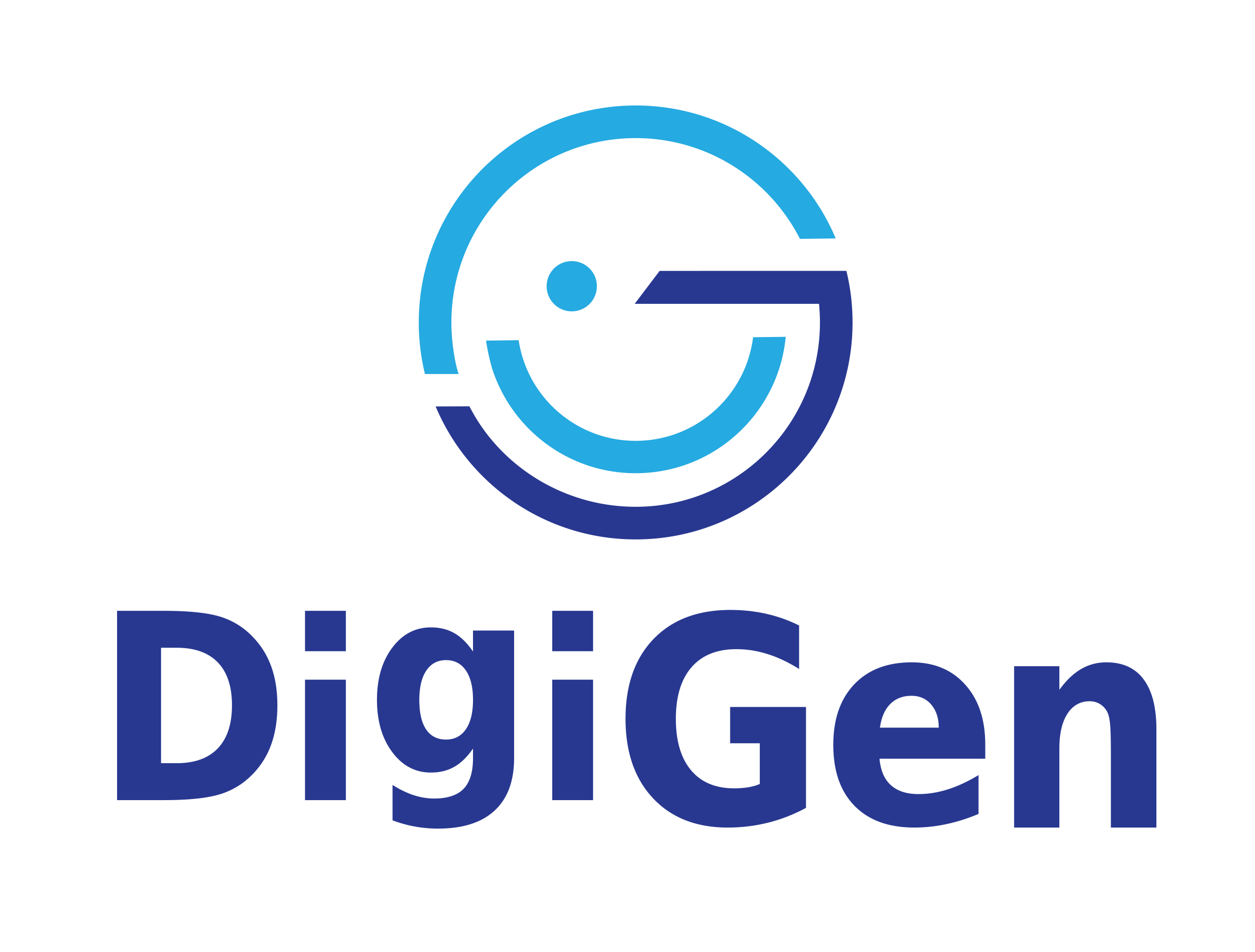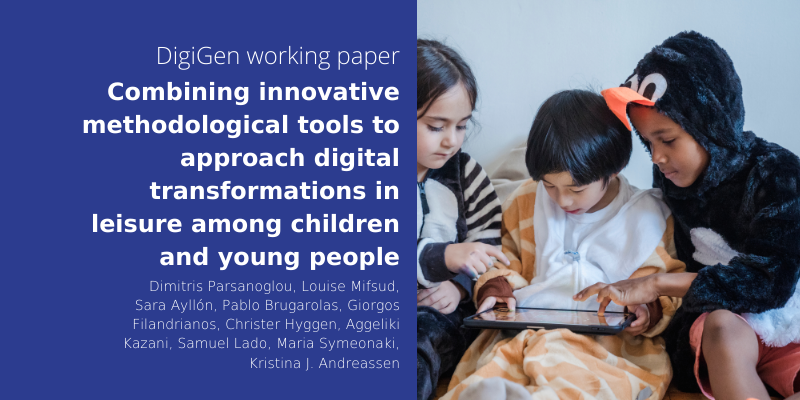Our latest working paper presents an innovative multimodal approach to investigating how digital transformation affects children and young people’s free time using:
- Analysis of secondary data from Children’s World Database
- Interviews with children aged 10-15 from Austria, Greece, Norway, Romania, and the UK
- Minecraft game observation
- Children as co-researchers through communication digital diaries
There is a lot of discussion in the common discourse revolving around fears that digital technologies are harming children’s wellbeing. We ground our analysis of the quantitative data in the hypothesis that children’s wellbeing is harmed if their technology use reduces their ability to spend time on other activities that support children’s wellbeing: spending time with family, friends, learning, or non-digital free time activities.
Our research finds no evidence that children who use ICT more intensively spend less time on other activities. In fact, the more intense use of new technologies, the more time children spend with their family or seeing friends.
Children who use digital technologies more often have better wellbeing overall compared to children that do not use digital technologies that often.
This finding is also confirmed through our fieldwork research that discusses how children and young people’s digital technology use is strongly linked to their social capital. The Digital Generation’s technology use is not ‘wasting time’ as older generations may fear; it holds an important role in this generation’s education, family life, and overall socialisation. Our focus on gaming allows us to challenge preconceptions that gaming is a lazy activity, distracting children from their education et cetera. We explore how gaming offers children and young people opportunities for more diverse and inclusive learning and socialisation, especially important during these last years of COVID-19.
Where do we go from here?
There is a lot of work to do between research, policy, and practice to ensure that children and young people are supported in having a positive experience using digital technologies in their free time. Listening to the Digital Generation is crucial. Children and young people made clear that whilst digital technology provides many positives, there are also potential harmful effects related to the predominance of digital technologies in their leisure time.
It is crucial that we act on the actual concerns, not the concerns that we, as adults, perceive are the problems.
In this sentiment, we welcome the European Commission’s updated Better Internet for Kids Strategy (BIK+) which puts emphasis on developing children and young people’s active participation in shaping the online environment.
Read the full working paper here

